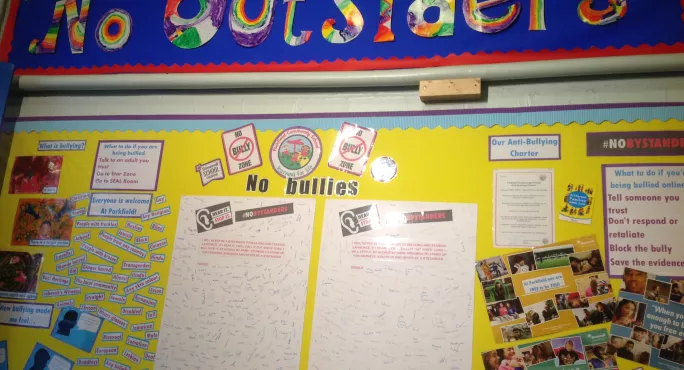- Home
- Why literature is a vital tool for teaching students about equality
Why literature is a vital tool for teaching students about equality

Since the government instructed schools to promote British values, schools have struggled to understand what exactly those values are and quite how they should be taught.
Andrew Moffat, a teacher at Parkfield Primary School in Birmingham, thinks he has an answer. He has published a book called No Outsiders In Our School: teaching the Equality Act in primary schools, which explains that children’s literature is a vital tool for moral and character education, and also for the promotion of diversity.
“I believe that British values are values of humanity and democracy,” he says. “The key thing we hope to achieve is for our students to want to live in a diverse Britain and our school’s promotion of diversity will give us the agency to help our students see all the good that can come from living in harmony with people different to us.”
Moffat says promoting British values is not just about countering radicalisation - as some have interpreted it - but ensuring no person faces discrimination because of their race, religion, gender or sexual orientation.
“For schools to continue on from the success of the Equality Act 2010 and Ofsted’s requirement of schools to demonstrate their no tolerance of homophobic bullying, they need to look at all dimensions of equality.” he says.
So why children’s literature as the medium to teach these lessons?
“I chose the books very carefully to talk about characters that were different so that children were taught to not be scared of difference,” he explains. “In Reception, the book Red Rockets and Rainbow Jelly shows that we can like different things but still be friends. In Year 1, the book Max the Champion shows a child with a disability who is mad about sport. King and King is used in Year 4 to talk about gay marriage and in Year 6, The Island has the purpose to challenge the causes of racism as the book gives children an opportunity to talk about refugees and to understand how racism occurs and what actions they can take to stop it.”
“I use books because I want to embed the work in to the school curriculum and these lessons can be used to support literacy, guided reading and PSHE. Talking about characters makes a tricky subject accessible; we talk about the character and the situation first and then relate it to real life and our own experience”
Alongside the schemes of work pinned to children’s literature, Moffat also ensures students have opportunities to mix with students of other backgrounds and faiths and that they are aware of global events.
“I have talked about the Paris terror attacks with students and told them that we believe there are no outsiders and the terrorists don’t believe in our ethos of ‘No Outsiders’,” he says. “The children now want to spread the No Outsiders message across Birmingham.”
The school has been using Moffat’s methods for 18 months, and he says getting parental buy-in was crucial.
“We held a number of meetings with parents, some of whom were initially very unhappy about what they believed we were going to be teaching, but we talked through exactly what we were doing, showed the books and related the work to British law.”
Parkfield headteacher Hazel Pulley says that the strategy has had a huge impact on equalities work at the school.
“It has worked incredibly well at Parkfield School because the whole staff team is supporting and promoting the ethos, which gives it authenticity. The books and lesson plans have enabled our teachers and children to talk confidently about equalities and this, building on the relational trust and dialogue we have with our parents, has made the strategy a success.”
Farzana Khan is studying for a BA in education studies at the UCL Institute of Education.
You can find free, downloadable resources on equality here.
Find out more about Andrew Moffat’s work at www.equalitiesprimary.com
Keep reading for just £1 per month
You've reached your limit of free articles this month. Subscribe for £1 per month for three months and get:
- Unlimited access to all Tes magazine content
- Exclusive subscriber-only stories
- Award-winning email newsletters
